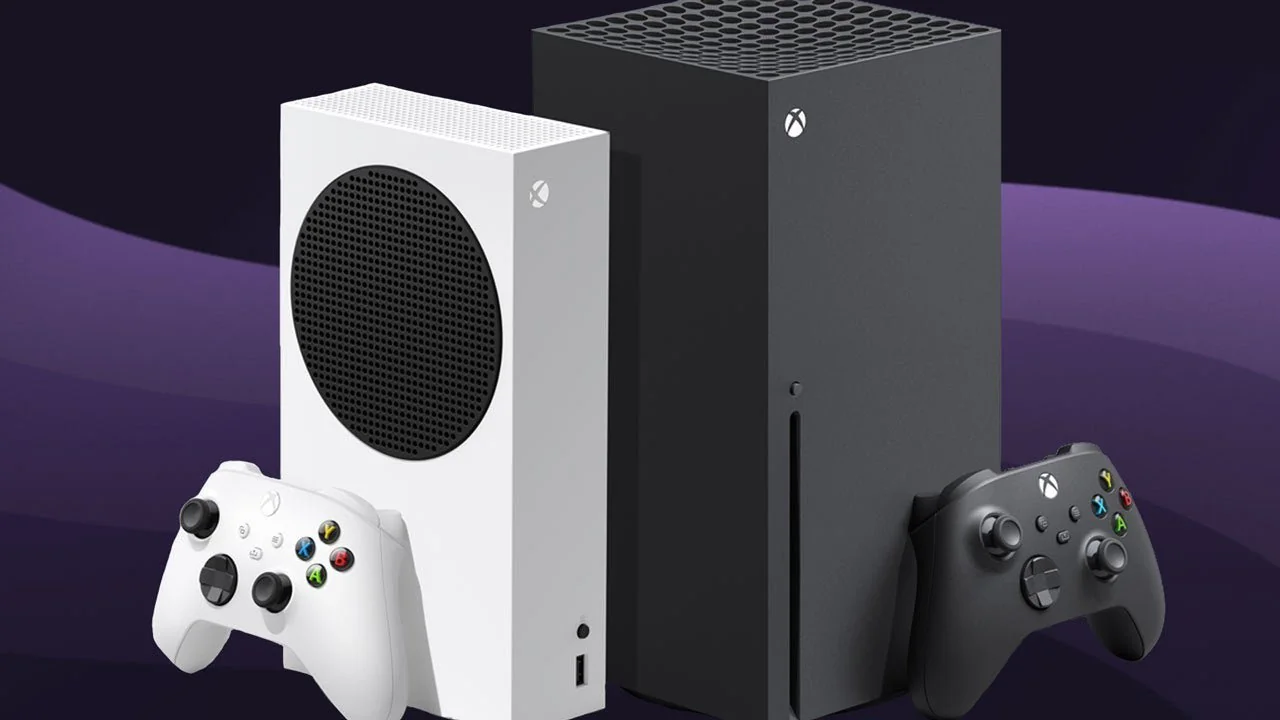The gaming industry stands at a potential crossroads, with whispers and speculations about Microsoft’s Xbox division hinting at a transformative future that could redefine the console market landscape. Such changes beckon significant implications for industry stalwarts Sony and Nintendo, each of which could find themselves navigating a reconfigured competitive environment.
Key Highlights:
- Speculation about Microsoft’s future in the console market hints at a strategic pivot that may reduce emphasis on hardware.
- Sony and Nintendo may face a landscape with reduced direct hardware competition, influencing strategies around exclusivity and market positioning.
- The emphasis on services like Game Pass suggests a shift towards platform-agnostic gaming experiences, potentially reshaping consumer expectations.

Sony: Standing at the Edge of Expansion
Sony’s PlayStation, a direct competitor to Xbox in the console war, could find itself in a peculiar position should Microsoft pivot away from traditional console competition. This situation presents both opportunities and challenges. On one hand, Sony might seize the chance to solidify its market dominance in hardware. On the other hand, the absence of a traditional rival could pressure Sony to innovate continually to maintain consumer interest in a rapidly evolving digital and streaming landscape.
Sony could also potentially face new competitors emerging in the console space, or from sectors previously considered peripheral to the console wars, such as cloud gaming platforms and mobile gaming advancements. This new competition may fill any vacuum left by a reduced Xbox hardware presence, challenging Sony to adapt its strategies around exclusivity, game development, and service offerings.
Nintendo: A Unique Path Forward
Nintendo, known for its unique market position that often eschews direct competition with Sony and Microsoft in favor of innovative gameplay and family-friendly content, might also experience the ripple effects of a shifting market dynamic. A post-Xbox scenario could either bolster Nintendo’s unique position, allowing it to capture a broader audience, or prompt the company to reassess its approach in a market with changing competitive pressures.
Additionally, Nintendo’s focus on portable gaming and unique hardware offerings, exemplified by the Nintendo Switch, places it in a distinct category. However, a market evolution driven by platform-agnostic services could encourage Nintendo to further innovate its online services and possibly explore new hardware concepts that merge traditional gaming with emerging technologies.
Market Evolution and Consumer Impact
A potential decrease in hardware-focused competition does not necessarily mean a less competitive environment. Instead, it suggests a shift towards competition on digital platforms, services, and exclusive content offerings. This transition could redefine what it means to be a “gamer” and alter the traditional console lifecycle.
Consumers might benefit from broader access to games across multiple platforms, potentially reducing the emphasis on hardware purchases. However, this could also lead to increased fragmentation and a confusing array of subscription services, challenging players to navigate a more complex gaming ecosystem.
The Horizon of Possibilities
The speculation surrounding Xbox’s future and its implications for Sony and Nintendo opens a multitude of potential outcomes for the gaming industry. It underscores the increasingly fluid nature of what constitutes a gaming platform and the continuous evolution of how games are distributed, consumed, and monetized.
A future with less emphasis on traditional console rivalry could lead to a more diversified and innovative gaming landscape, where the focus shifts from hardware specifications to the quality of gaming experiences across a range of devices and platforms.
While the path ahead remains uncertain, one thing is clear: the gaming industry stands on the brink of a new era, with Sony and Nintendo poised to play pivotal roles in shaping its future.


















